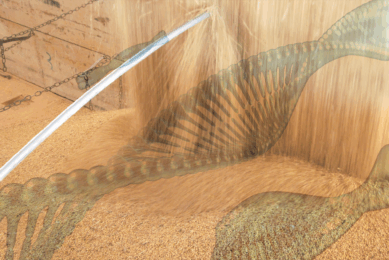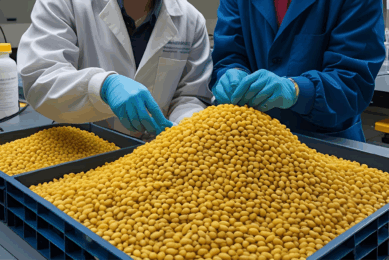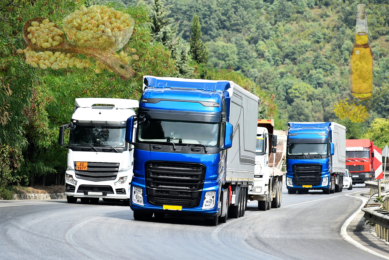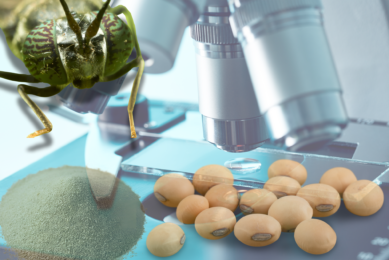Russian feed industry braces for a ban on GMO soybeans
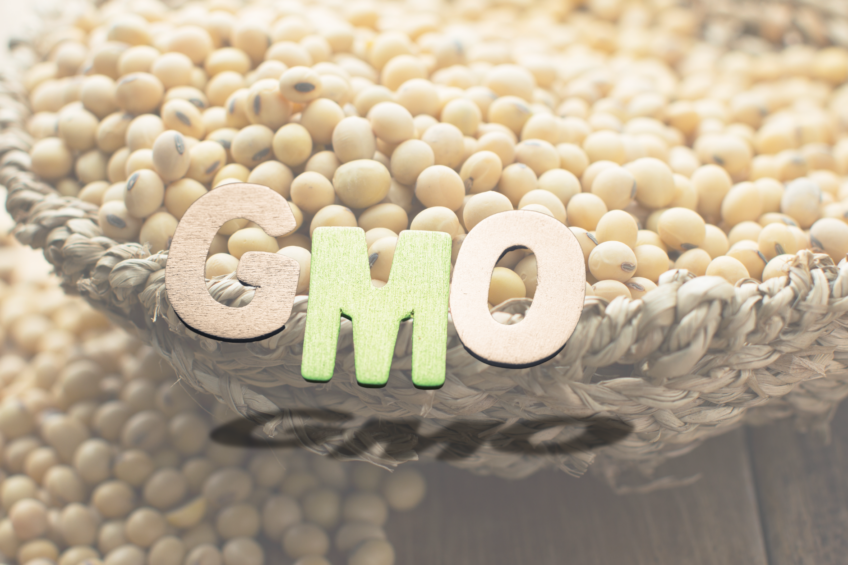
The looming GMO soybean import ban promises a huge change in the Russian feed industry in 2025.
A government decree permitting GMO soybean imports into the country is set to expire on January 1, 2025. The Russian authorities, which usually take a strict stance on GMOs, approved the waiver on GMO soybean imports in April 2020, attributing the move to a need to bolster the domestic feed industry.
The waiver, originally adopted until January 1, 2021, has been repeatedly extended.
In June 2023, the Russian press reported, citing anonymous sources in the Russian Agricultural Ministry, that the authorities are considering imposing a ban on GMO soybeans as soon as domestic soybean production exceeds 6 million tonnes.
However, imports were not restricted last year, although domestic soybean production reached 6.8 million tonnes.
In 2024, Russia collected a record harvest of 7 million tonnes of soybeans, Rosstat, the Russian state statistical service, calculated.
A major shift
The lack of imported soybeans will dramatically change the balance of the domestic soybean market, Dmitry Rylko, CEO of the Institute for Agricultural Market Studies IKAR, told the local newspaper Agroinvestor.
In the current season, Russia imported between 400,000 and 450,000 tonnes of soybeans, while analysts expected the imports to reach 900,000 tonnes by the end of the marketing year. If the waiver is not extended, some loopholes for soybeans import will remain, Rylko said. For example, non-GMO soybeans and a few GMO lines still could be delivered to the country. However, Rylko admitted that these loopholes are unlikely to be used.
A lack of alternative
The ban on GMO soybeans could create problems for the Russian feed industry, as to replace imports, large quantities of soybeans from the Far East should be transported to the European part of the country, which is difficult and expensive, Rylko said.
The distance between the Far East, where most soybeans are grown, and the key consumers in the European part of Russia is close to 8,000 km.
The soybean import ban could trigger a surge in demand for sunflower and rapeseed meal, Rylko forecasted.
The Russian Grain Union (RGU) has been a vocal advocate for policy changes in the agricultural sector. They have consistently called for the abandonment of mandatory registration of GMO feedstuff and the free import of such products into the country. RGU’s stance is that while Russia imports livestock products grown using feed containing GMO, it prohibits the use of imported GM soybeans to produce feed domestically, putting local farmers at a disadvantage.




